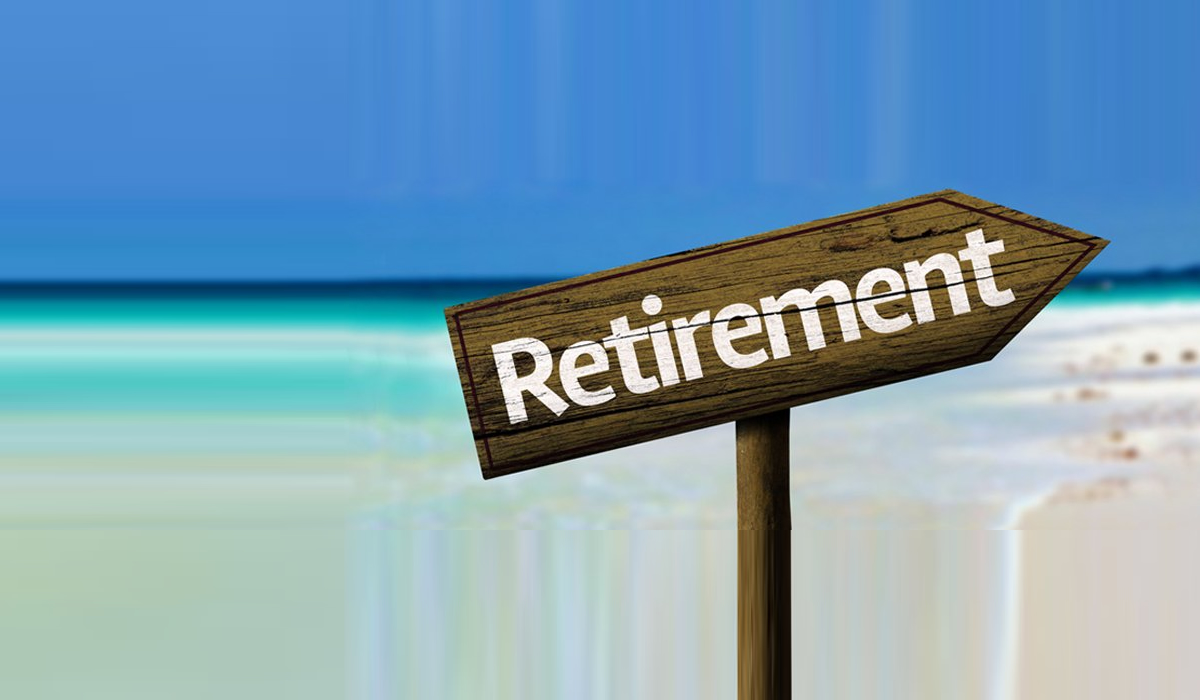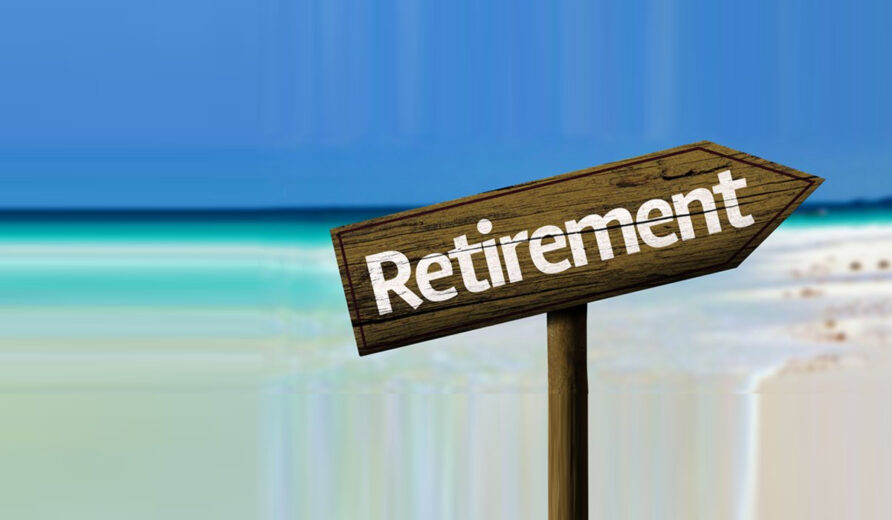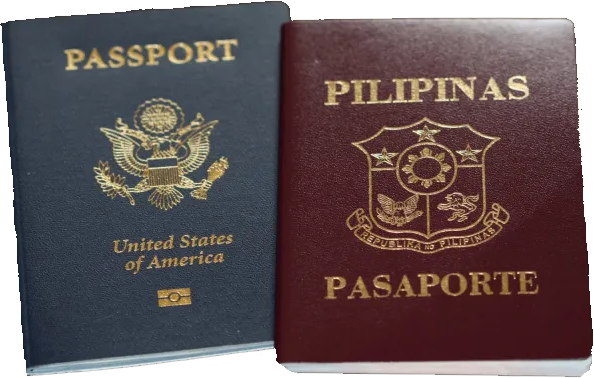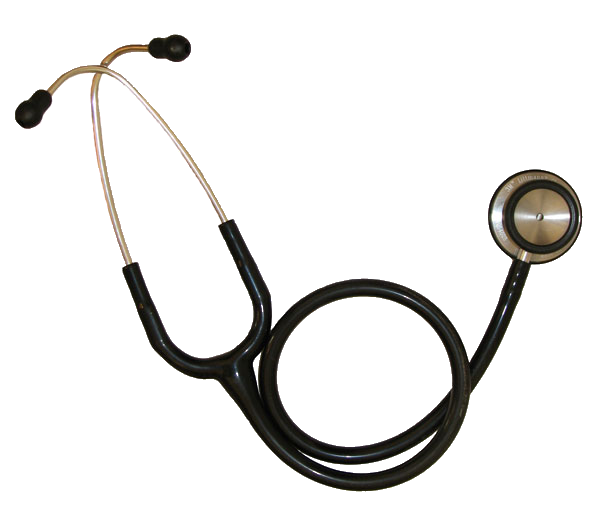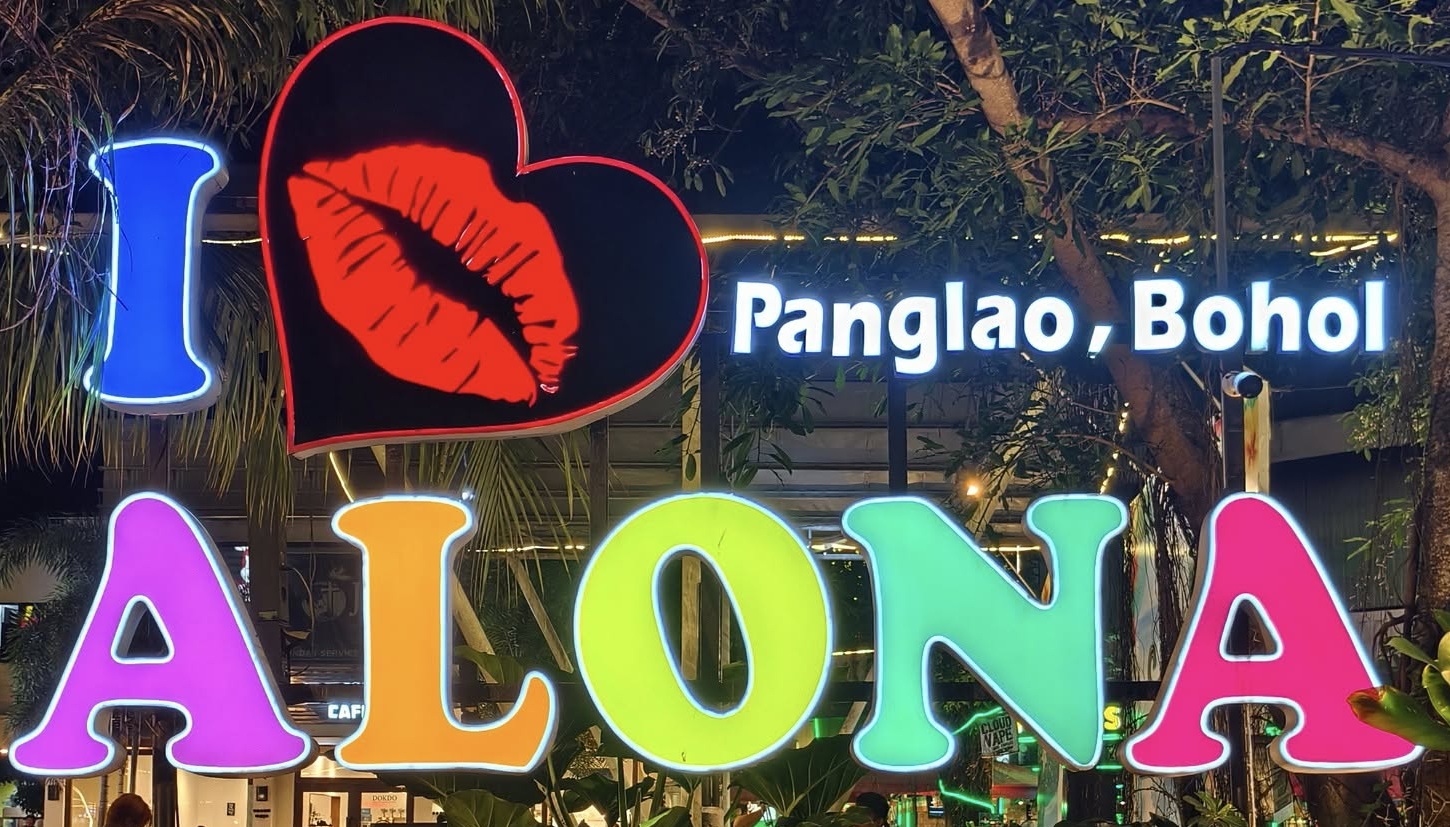Retiring in the Philippines can be an attractive option for many, offering a lower cost of living, warm climate, and a welcoming culture. The cost of living in the Philippines is significantly lower than in the U.S., and the government takes steps to make it especially welcoming to expats.
The cost of living in the Philippines is significantly lower than it is in the U.S. Below, we compare the Philippines and the U.S. in terms of specific costs, as of February 2025 (source Numbeo):
- Rent Prices: 82.9% lower than in the U.S.
- Consumer prices with rent: 64.6% lower than in U.S.
- Restaurant meal prices: 72.4% lower than in U.S
- Grocery prices: 52% lower than in U.S.
Retiring in the Philippines offers Americans a blend of English-speaking convenience, quality health care at affordable prices, an easy visa process, and locals that will welcome you into the community and make you feel at home.
Bohol, with it’s brand new International Airport, white sand beaches and tons of resorts and restaurants, offers an affordable place to retire in comfort and convenience.
The Allure Of The Philippines For Retirement
The Philippines is attractive to foreigners as a tourist/retirement destination due to its incredible natural beauty, over 7,500 islands, otherworldly landscapes of tropical beaches and crystal-clear waters, vibrant culture, low cost of living, rich history, and diverse experiences for everyone. This country is full of friendly and welcoming people and a strong community. It has countless activities that many can enjoy.
A real incentive to move to the Philippines is that Filipinos are incredibly accommodating with language. They will have no problem speaking English. Because English is the official language, it is widely spoken, and communication is not commonly a barrier.

Filipino hospitality is also no joke. When you become a familiar face, you will be considered part of the community. If you make an effort to make connections, be prepared to be invited to everyone’s birthdays, parties, funerals, and more. Meals here are also community-based, so don’t be surprised if locals try to feed you even when they just met you. By moving here, you will be able to build a community and a support system if that’s what you’re looking for.
This country also has quality private health care for a fraction of what you would pay in the United States. Many of the doctors in the private health care sector are trained in the U.S. or Australia, while nurses are among the best trained in the world. A checkup with a specialist might only cost about $25.

The Philippines definitely has a slower pace of life. This means that bureaucracy can make you crazy, so to live here you’ll need to chill lang (just relax). For many coming from a hustle and bustle culture, this could be a welcome change of pace. In the Philippines, no one will rush you, and there’s always time to spare.
Considerations Before Retiring To The Philippines
Retiring in the Philippines has many positives…
- A huge number of U.S. veterans retire in the Philippines, as they are entitled to the same VA benefits as those living stateside.
- English is the official language of the country, and over 90% of the population speaks it fluently, so transition to life in the Philippines is much easier than in other Southeast Asian nations.
- Plenty of expats from many nationalities retire in the country. This means that it is not hard to find a community of like-minded individuals to socialize, bond, and participate in activities with. Bohol Jewel Residences is one such community.
- The Philippines has a low cost of living. A couple can live comfortably in a place such as Panglao Island for about $1,500 to $1,800 per month (including housing).
- This is a culturally exciting environment with access to natural beauty and a low-key lifestyle.
But it also has some downsides…
- Safety can be an issue across the Philippines. Places such as Panglao Island, are considered safe. You still want to always take precautions, such as living in a building with a security guard, like Bohol Jewel Residences.
- As in most of Southeast Asia, the Philippines restricts foreigners from owning property. Foreigners can’t own land in the country, only apartments and condominiums. Plus, foreigners can’t make up more than 40% of the total ownership of units.
- The Philippines is far away. There’s only a handful of direct flights from North America from cities like Los Angeles, New York, San Francisco, Toronto, and Vancouver.
How Retiring In The Philippines Affects Your Taxes And Social Security Benefits
The Philippines has tax treaties with the United States and Canada, which reduces the risk of double taxation. Because of the Foreign Earned Income Exclusion and Foreign Tax Credit, American expats usually pay little or no U.S. taxes, especially if you’re not planning on earning much abroad. However, you still do need to file your U.S. taxes and report your worldwide income.
Income taxes here are moderate, ranging from 0% to 35%. Capital gains tax on the sale of property is fixed at 6% of the sales price. There is no inheritance tax in the Philippines.
You can still receive your Social Security benefits while living in the Philippines, as the United States and the Philippines have an agreement, and they can be deposited directly to a Filipino bank account or a U.S. account that you can access from abroad. You’ll need to stay in touch with the local U.S. embassy or SSA office in Manila to report you’re alive and eligible to receive your SS benefits.
I recommend you always work with a tax professional that is familiar with working with retirees relocating abroad. Also, stay up to date with IRS and SSA rules, as they can change at any time.
Do Locals Approve Of Foreigners Retiring In The Philippines?
Overall, the Philippines welcomes foreigners. Especially in the rural and island areas, foreigners are treated with respect. Locals are always interested in learning about you and where you come from. It’s not uncommon for a foreigner to be offered to be a speaker at a school or event or even get asked to be a local kid’s godparent.
The country has specific programs to incentivize expats to move to their country, such as the SRRV visa, which makes retiring to the Philippines an easy process compared to other countries. Read more about the visas provided for the Philippines.
The government has also introduced a new digital nomad visa for non-immigrant foreigners who want to stay in the country for a temporary maximum period of one year. Holders may renew the visa for an additional year. Some of the requirements for this new DN visa include being at least 18 years old, showing proof of remote work with digital technology, proof of sufficient income generated outside of the Philippines, and having no criminal record.
These are some general considerations to keep in mind when moving to the Philippines…
You should always respect the local culture and customs. Make sure to learn about Filipino values, avoid superiority, and be a pleasant neighbor in this country that is welcoming you. It also helps to support the local economy by hiring local workers, buying from local businesses, and engaging with the local community and not just other expats.
Follow the local laws, stay in the country with the correct visa, and pay the taxes that apply to you.

